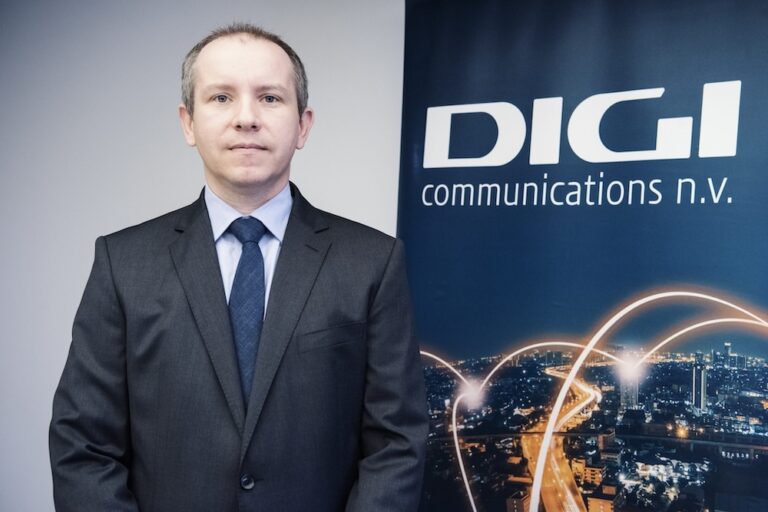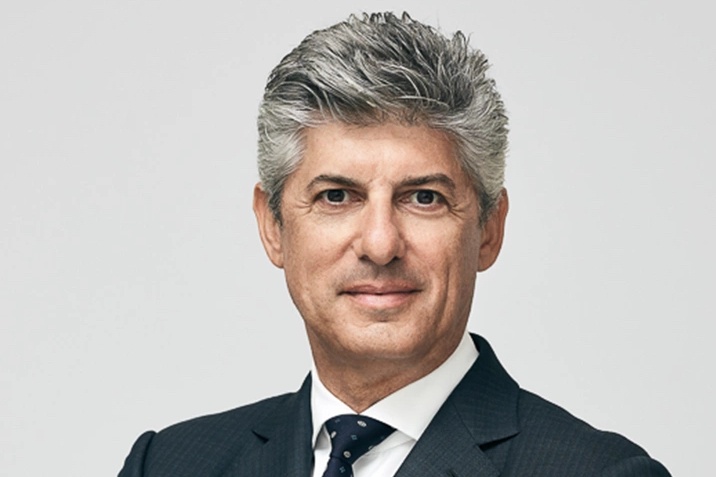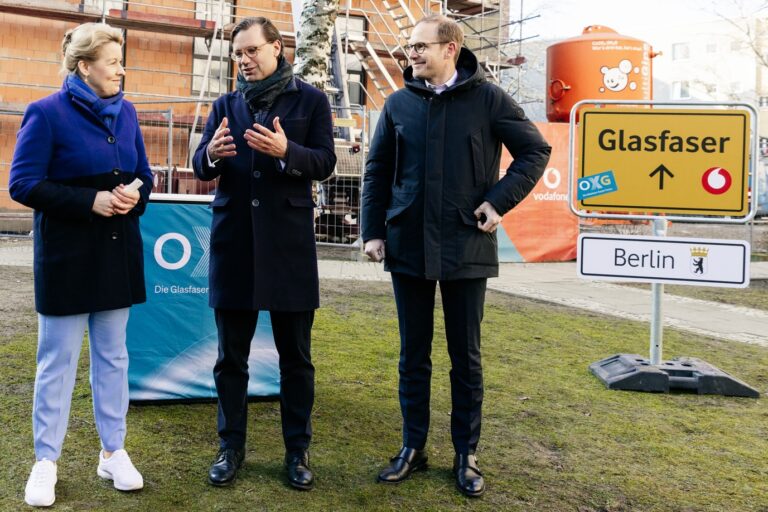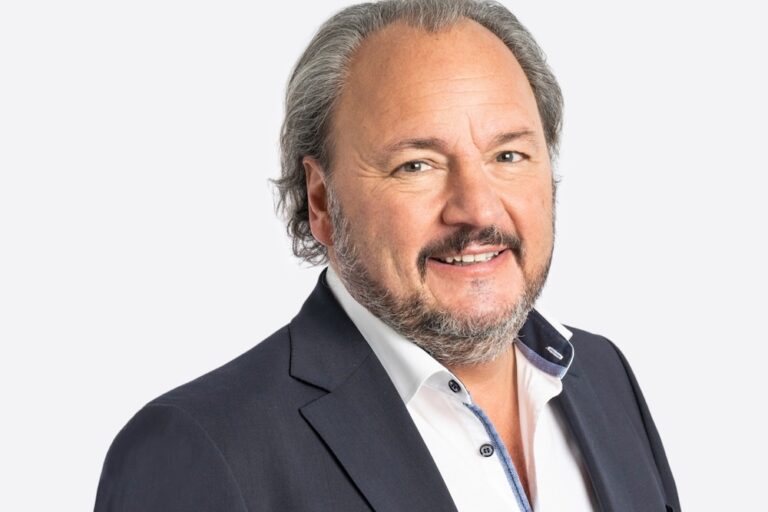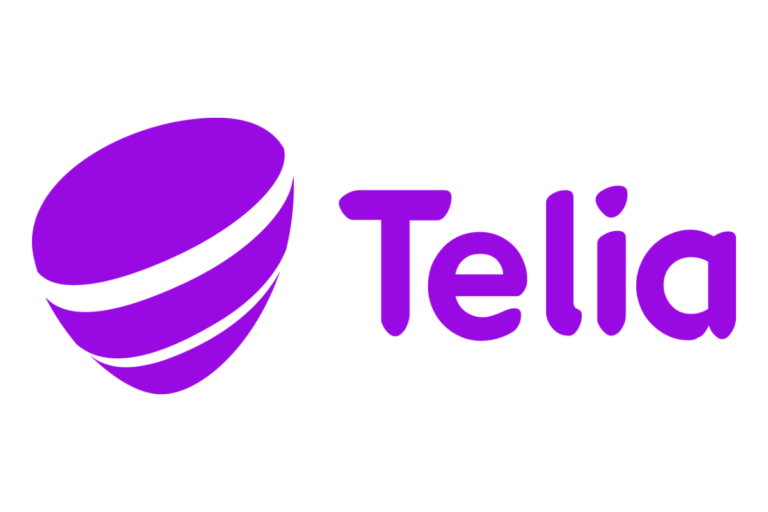The operator saw a 15% subscriber increase in Romania, Spain and Italy, up to 23.8m revenue generating units (RGUs)
Romanian telco Digi Communications has delivered big jumps in revenue, subscribers and EBITDA in its preliminary financial results for the year ended 31 December 2023, with Spain proving to be a very successful market entry.
Following the European Commission’s approval of the creation of a joint venture by Orange and MásMóvil, Digi scored 60MHz of spectrum assets from the two, plus an optional national roaming agreement. Both moves allow Digi to significantly enhance its network capabilities and competitiveness in Spain, further supported by the ongoing expansion of its fibre network. Meanwhile, its 5G launch this month boosts Digi Spain’s offerings with high-speed, affordable connectivity.
Group revenue for the year ended 31 December 2023 was €1.7 billion compared with €1.5 billion (up 13.2% YoY). Group Ebitda was €509.3 million (up 19% YoY). Meanwhile Group RGUs were up 15% YoY to 23.8m – driven mainly by mobile sign-ups in Romania and Spain. Digi’s operating expenses for the year were €1.2bn compared with €1.13bn YoY as the operator expanded its network and subscriber base.
Romania saw 5.8m RGUs (up 18% YoY) while Spain saw an impressive 4.6m RGUs (up 23% YoY). In Romania, PayTV and broadband RGUs increased 5% and 9% respectively while in Spain broadband and fixed telephony grew albeit from small user bases.
Digi said it was “on track” for the launch of commercial services in 2024 in Portugal. The operator also has a wholesale agreement for national roaming in Belgium with Proximus. In 2024 the operator said it will be expanding its Romanian mobile network and rolling out equipment to service the new frequencies. In Spain it will continue developing its fixed infrastructure. In Portugal, it will continue with its mobile and fixed infrastructures development.
Digi said almost 870,000 subscribers ported onto its network in Romania through the year. In Spain, it saw a net gain of almost 604,000 porting onto its network.
Remarkable growth
Digi Communications CEO Serghei Bulgac (above) said the telco “experienced remarkable growth in 2023. Our core markets, Romania and Spain, continued to be highly competitive last year, but this did not impact negatively on our growth rates.” When pressed by analysts on the service launch dates for Portugal and Belgium he replied: “Please bear with us…I think we will stop commenting on exact launch date as its as it’s not helpful and it is quite difficult to predict.” He added that Digi will offer both fixed and mobile services in Portugal.
He confirmed the group’s FY24 capex outlook would be around €650m. On the company’s FY24 growth prospects he said: “We hope to continue the efforts and the growth results that we achieved in 2023…of course with certain variations, especially given that in Romania in the fixed operations we are already very mature – both the market and us – and our position is pretty strong. So we do expect further declines in growth in this area.”
On ARPU, Bulgac confirmed there were no immediate plans to increase prices in the markets it operates in. “If you look at our ARPU numbers it is continuous [at] €5.8 at the group level,” he said. “We do not forecast an [ARPU] increase. We do not forecast a decrease and basically our policy is to maintain our prices.”
He added: “Certainly, there will be a variation in the prices but it will come from the new customers taking new packages. And it may be that they [may create] somewhat downward pressure on the ARPU – again, if more new customers take smaller packages or less expensive packages [but] only from this point of view.
“Other than that, we certainly are not decreasing the prices and we’re also not planning to increase the prices in the current future,” he said.


